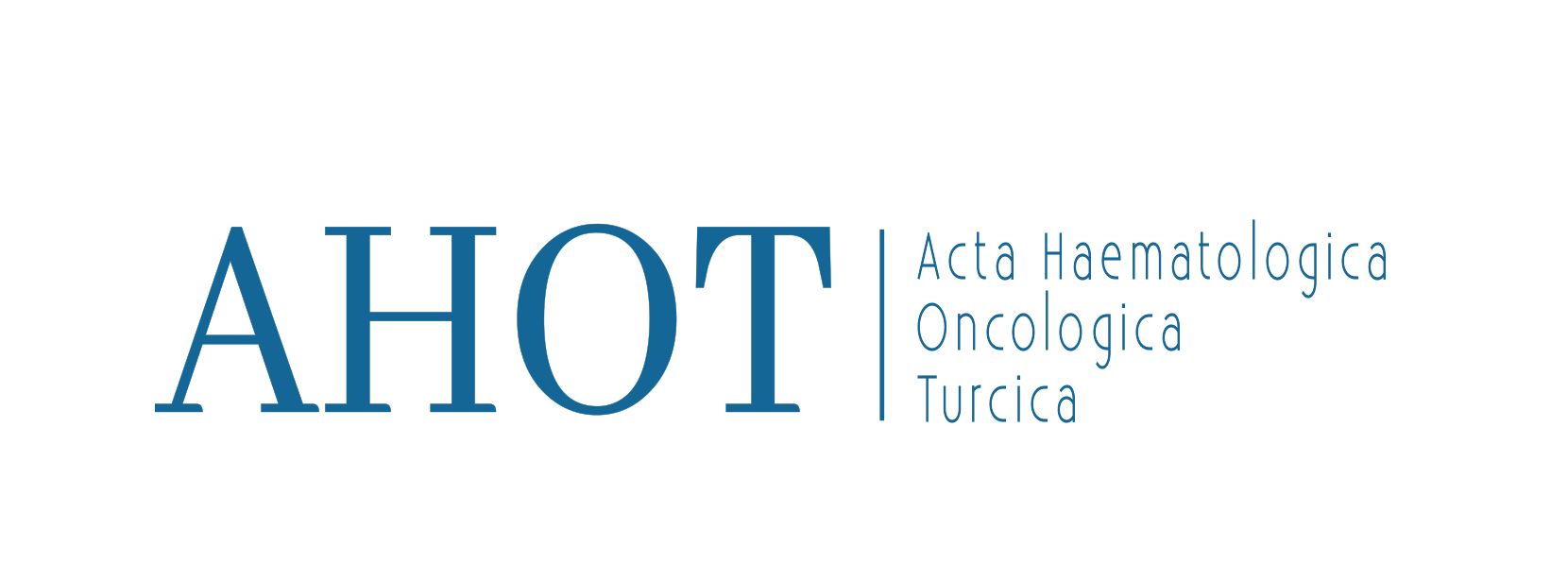Abstract
INTRODUCTION
The aim of this retrospective study was to assess the prognostic significance of the geriatric nutritional risk index (GNRI) for elderly patients diagnosed with early-stage colon cancer.
METHODS
Medical records of 114 elderly patients diagnosed with colon cancer who underwent curative surgery and received chemotherapy were analyzed. The calculation of the GNRI was derived from the measurement of serum albumin levels and the assessment of body weight. Patients were divided into two nutritional risk categories: low-GNRI (GNRI: <98), and high-GNRI (GNRI: ≥98) and compared.
RESULTS
The 5-year overall survival (OS) rate of the low-GNRI group was significantly lower than that of the high-GNRI group (65.7% vs. 91.1%, p= 0.002). There was also a statistically significant difference in the 5-year recurrence-free survival (RFS) rate of the two groups (66.7% vs. 90.8%, p <0.001). The multivariate Cox regression analysis identified tumor sidedness (p= 0.038) and GNRI (p = 0.042) as independent prognostic factors for only OS.
DISCUSSION AND CONCLUSION
The GNRI is an easily applicable and valuable prognostic factor for OS in elderly patients diagnosed with early-stage colon cancer. The current investigation indicates that a low-GNRI was correlated with poor OS.



